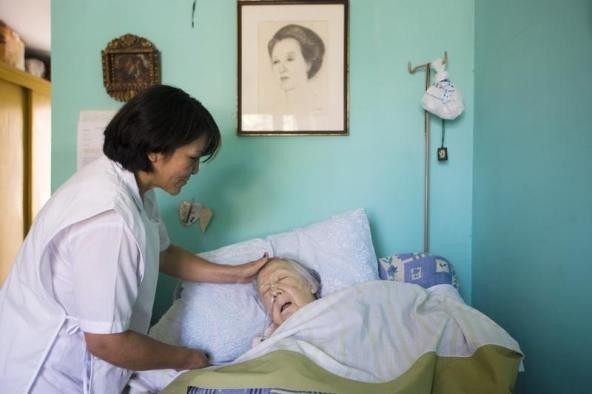A review of the evidence on assisted dying has found “common patterns” indicating that the practice becomes more widespread and routine where introduced. The report lends credence to fears that introducing legislation to allow for assisted dying in some instances creates a slippery slope to the practice being adopted in non-terminal cases.
The report, prepared by the Anscombe Bioethics Centre, Oxford examined available evidence from the Netherlands, Belgium, Luxembourg, Switzerland, Oregon and Washington, all of which have legalised euthanasia or physician assisted suicide.
It found that in all these places “numbers have increased over time and continue to do so,” and that the increase was accompanied by a widening mandate, from euthanasia only in cancer cases to application in a whole range of illnesses and diseases, some of which are not terminal. In Europe, this included mental illnesses and the general failing of health commonly associated with old age.
“Essentially, the practice has become more widespread and more routine,” noted Professor David Albert Jones, the paper’s author and director of the Centre.
Figures from Netherlands released at the beginning of this year show that, ten years on from assisted dying being introduced in that country, as many as one in 33 Dutch people are thought to end their lives that way. The figures included 650 babies euthanised each year.
The scale of deaths prompted Theo Boer, a Dutch ethicist who in 2007 backed assisted suicide saying “there doesn’t need to be a slippery slope when it comes to euthanasia,” to change his mind.
He now admits: “Most of my colleagues drew the same conclusion. But we were wrong – terribly wrong, in fact.
“I used to be a supporter of legislation. But now, with twelve years of experience, I take a different view. … don’t go there. Once the genie is out of the bottle, it is not likely to ever go back in again.”
Similarly, evidence from Belgium, which this year overtook the Netherlands as the euthanasia capital of the world, shows that more than 1,000 patients a year are euthanised by doctors without their having requested it.
The evidence is of particular concern in Britain, Prof Jones suggests, thanks to a culture prevalent within the NHS which prioritises tick boxes over patient welfare.
“If legalized, assisted suicide or euthanasia would be implemented in the context of the NHS. In this regard it is important to be realistic about the current state of healthcare in the UK and failures that can occur and that have occurred, for example, in Mid Staffordshire and in the implementation of the Liverpool Care Pathway for the Dying Patient,” he said.
“These problems were not confined to one Trust or one Pathway but reflect cultural challenges within the NHS. How might assisted suicide or euthanasia be implemented in an environment of targets and ‘tick-boxes’ that sometimes operate to the detriment of patient care?”

COMMENTS
Please let us know if you're having issues with commenting.